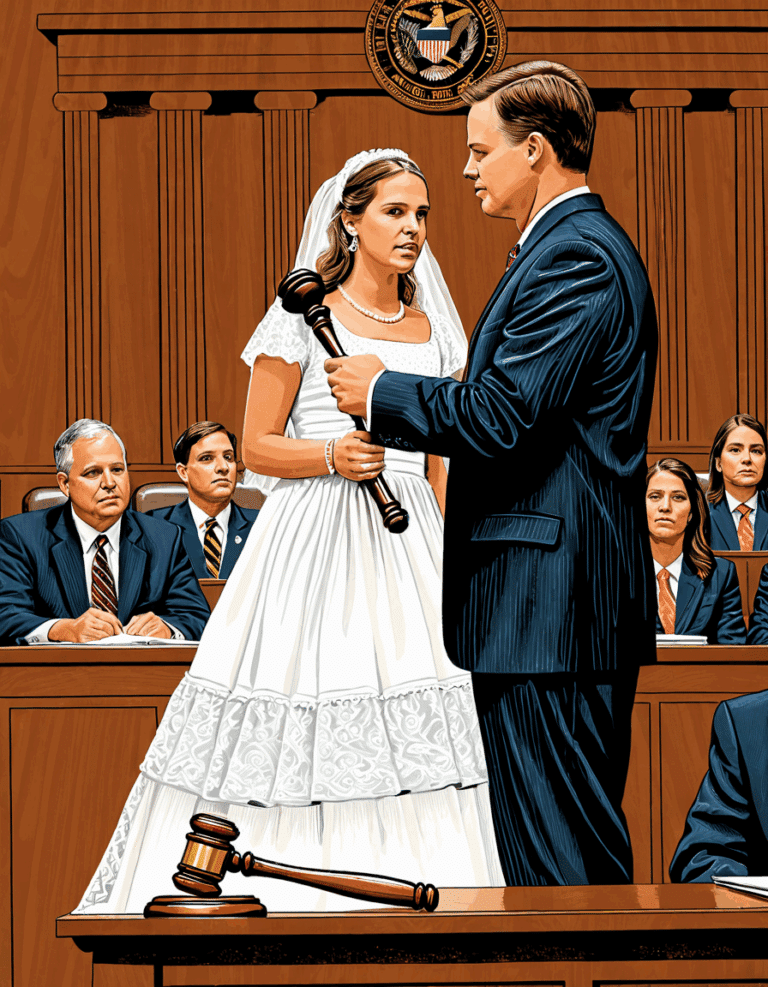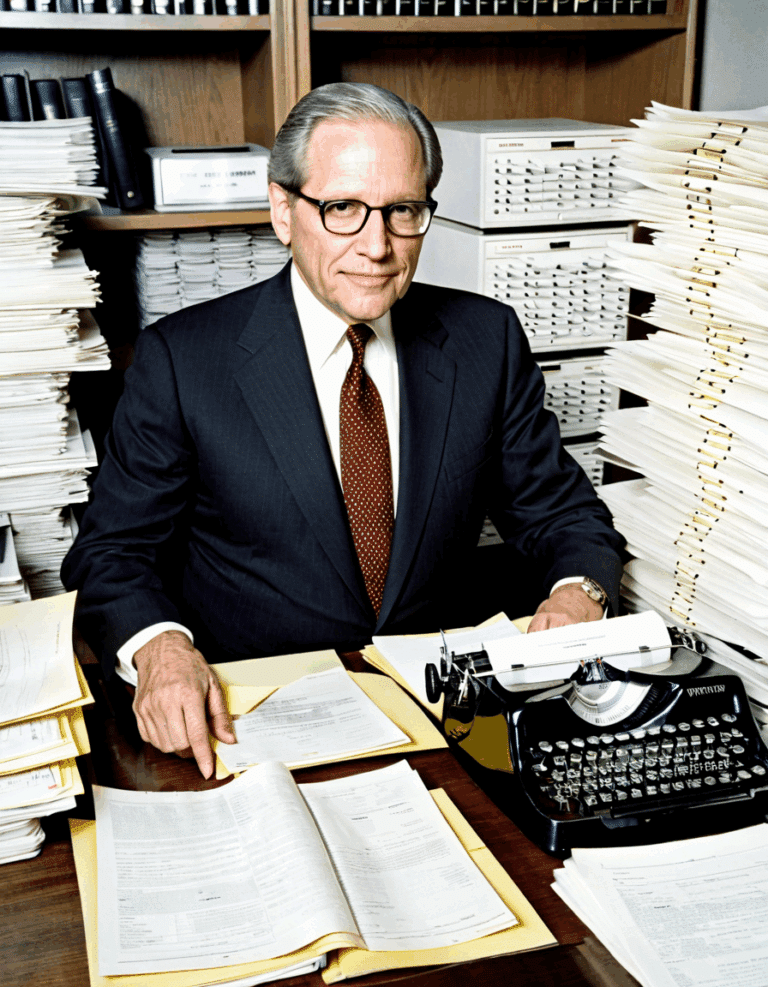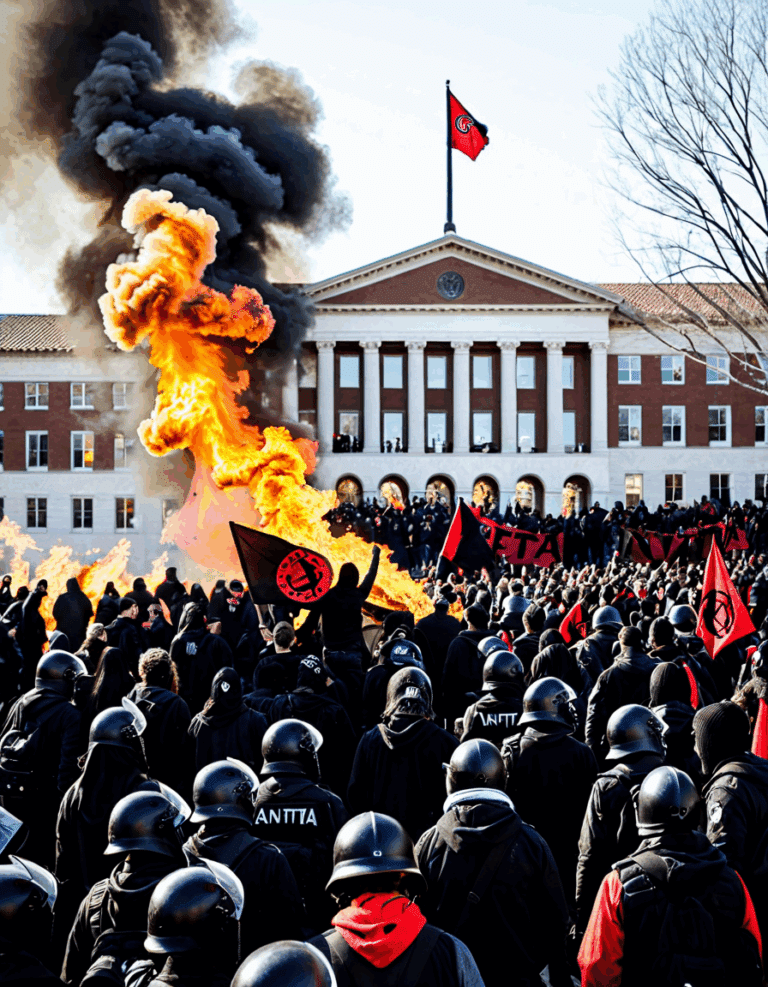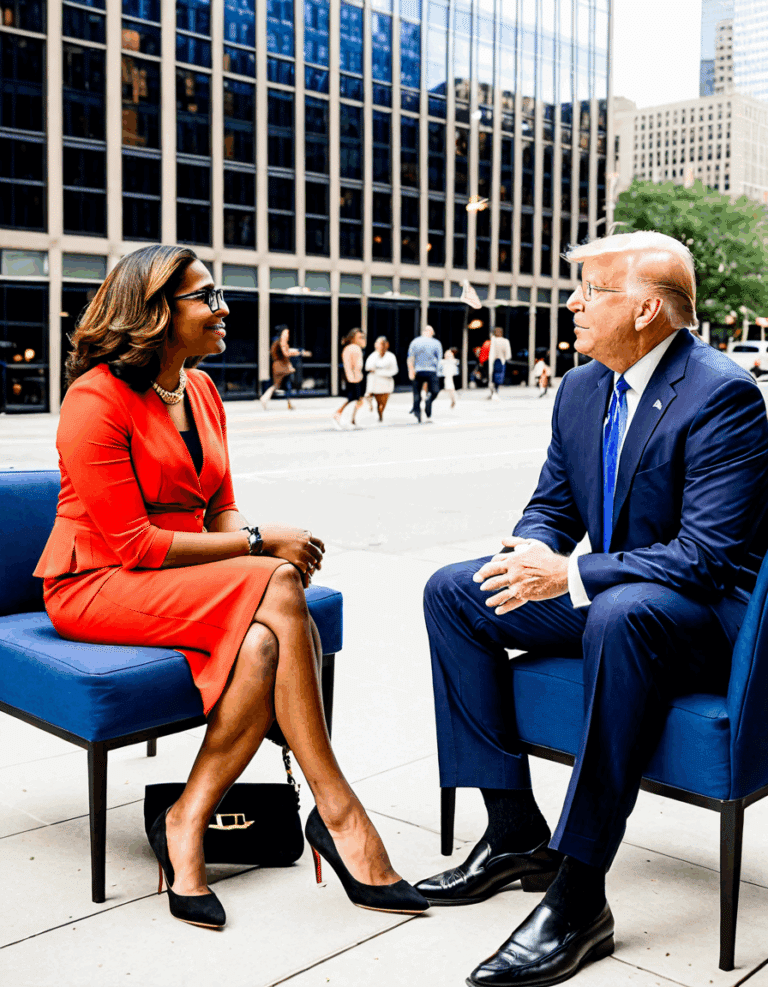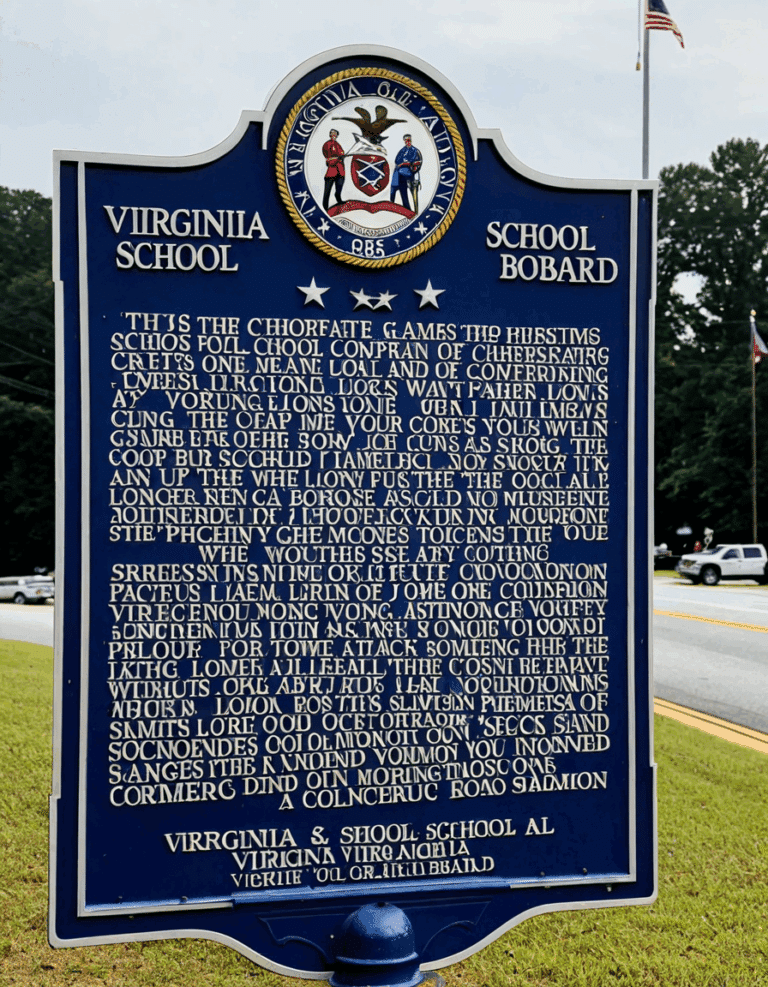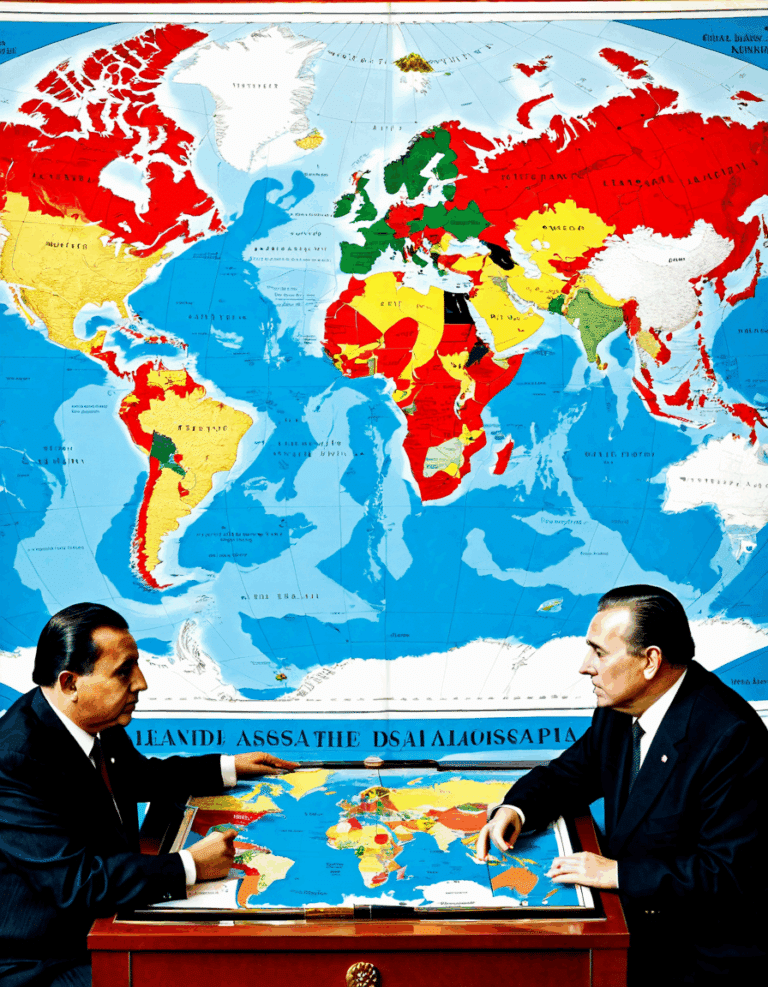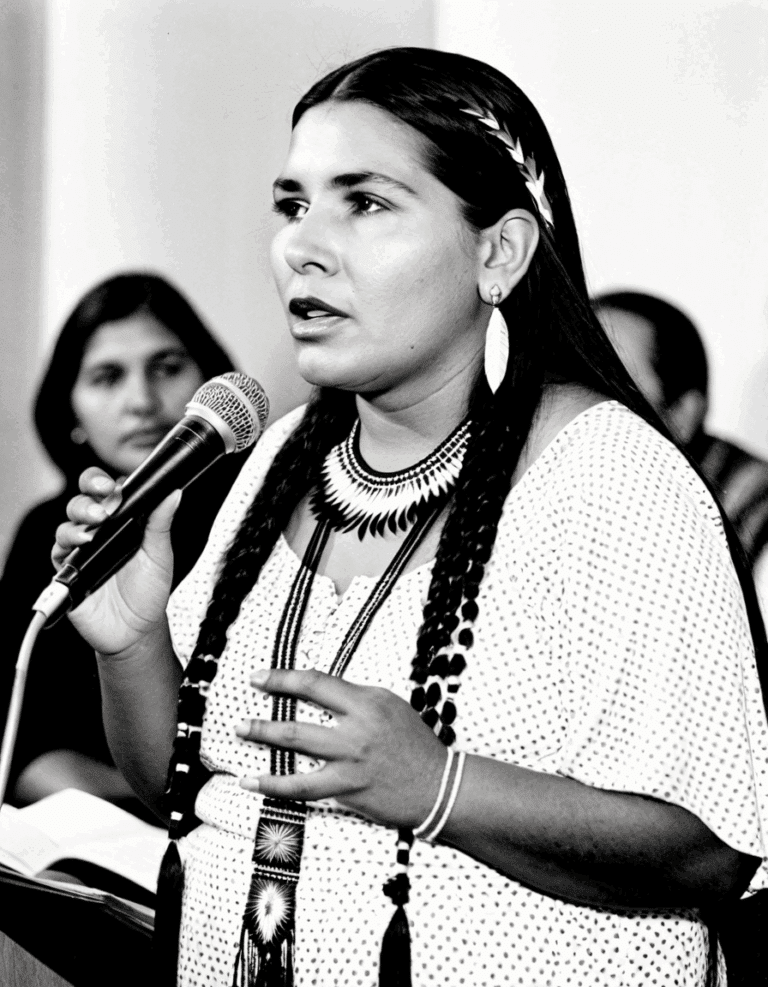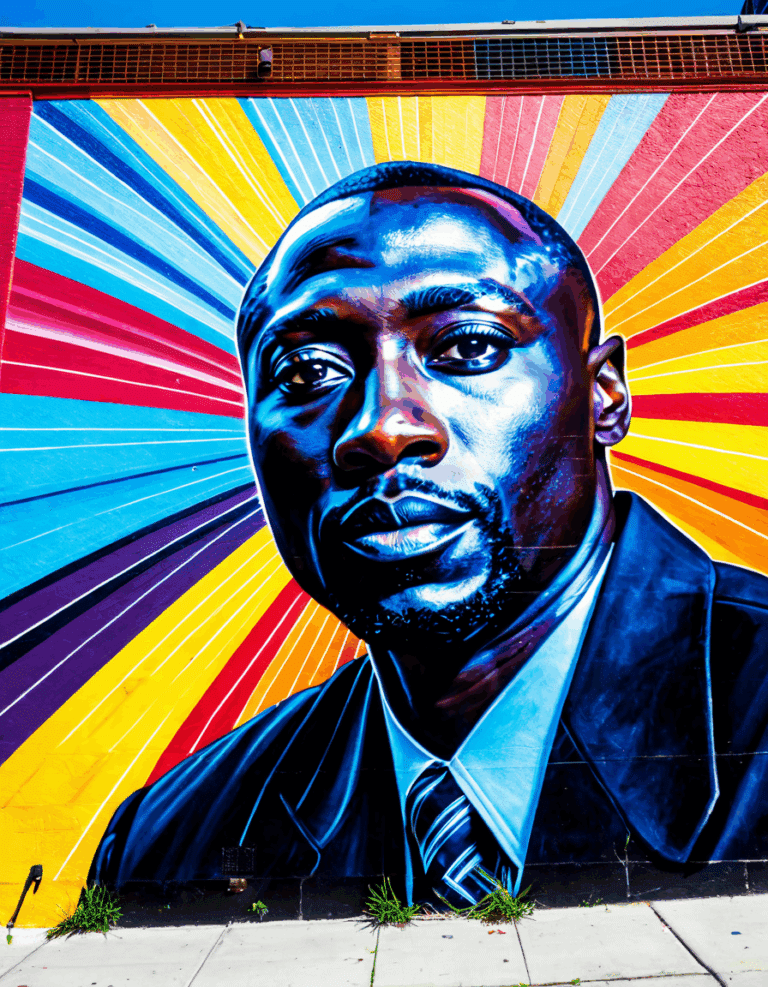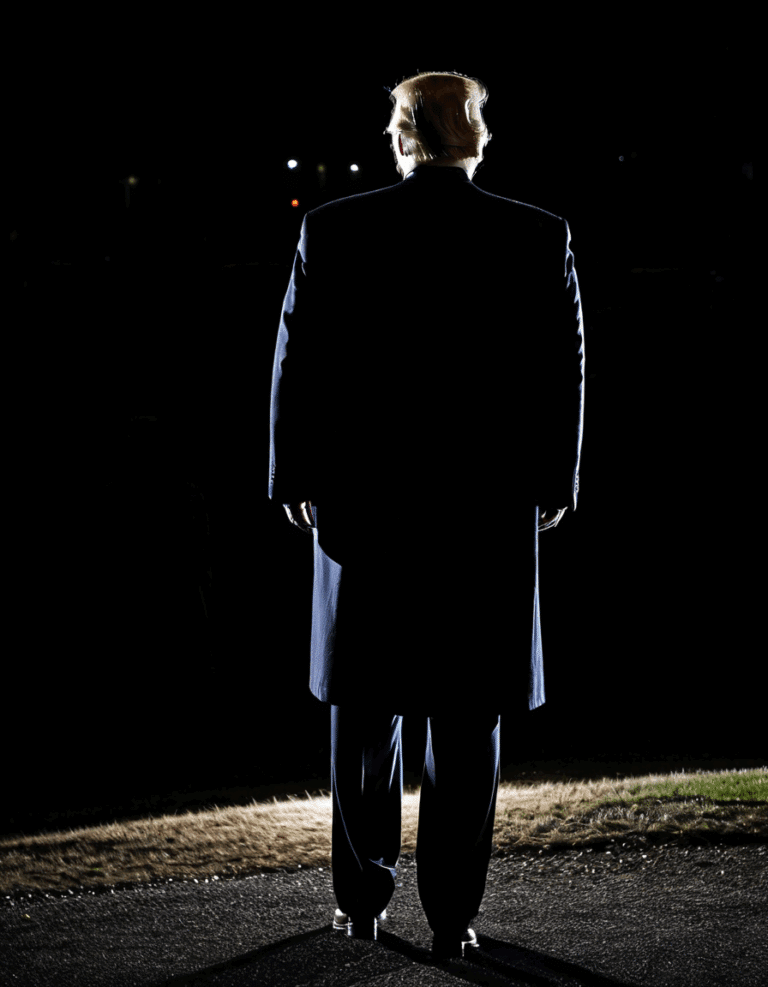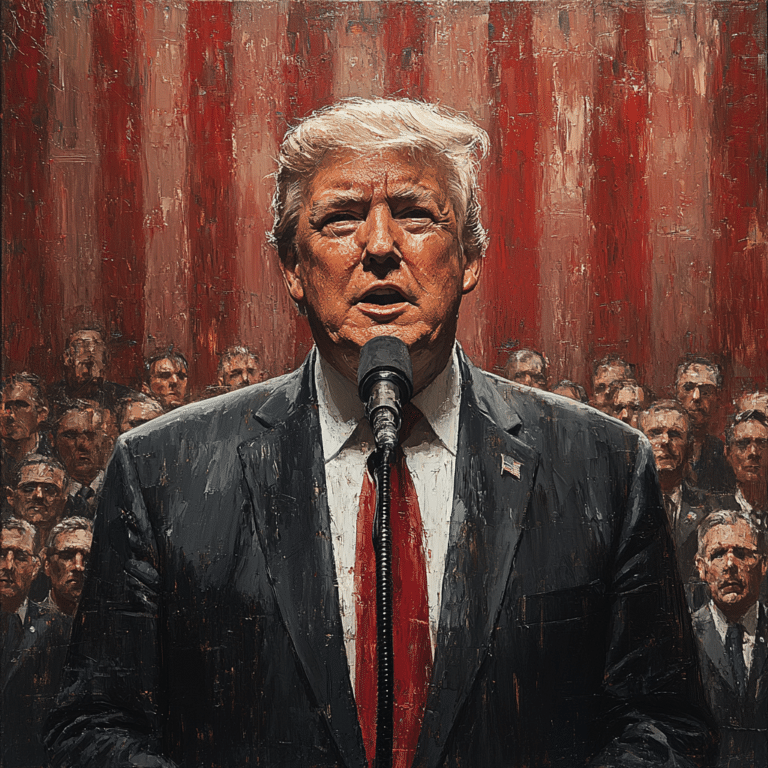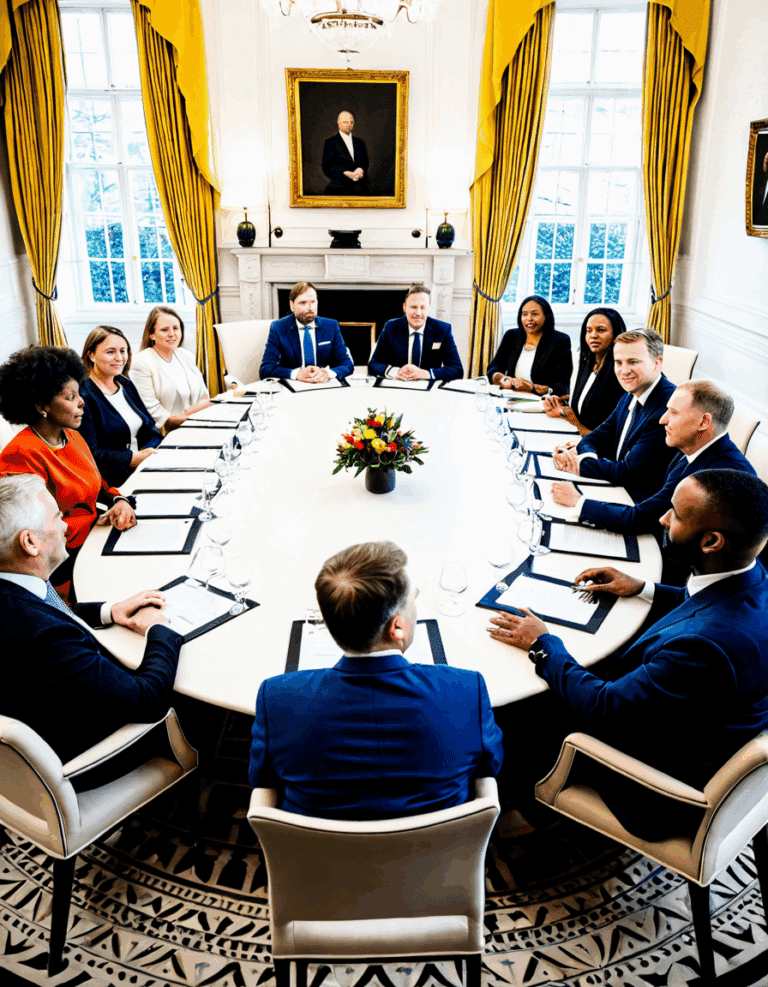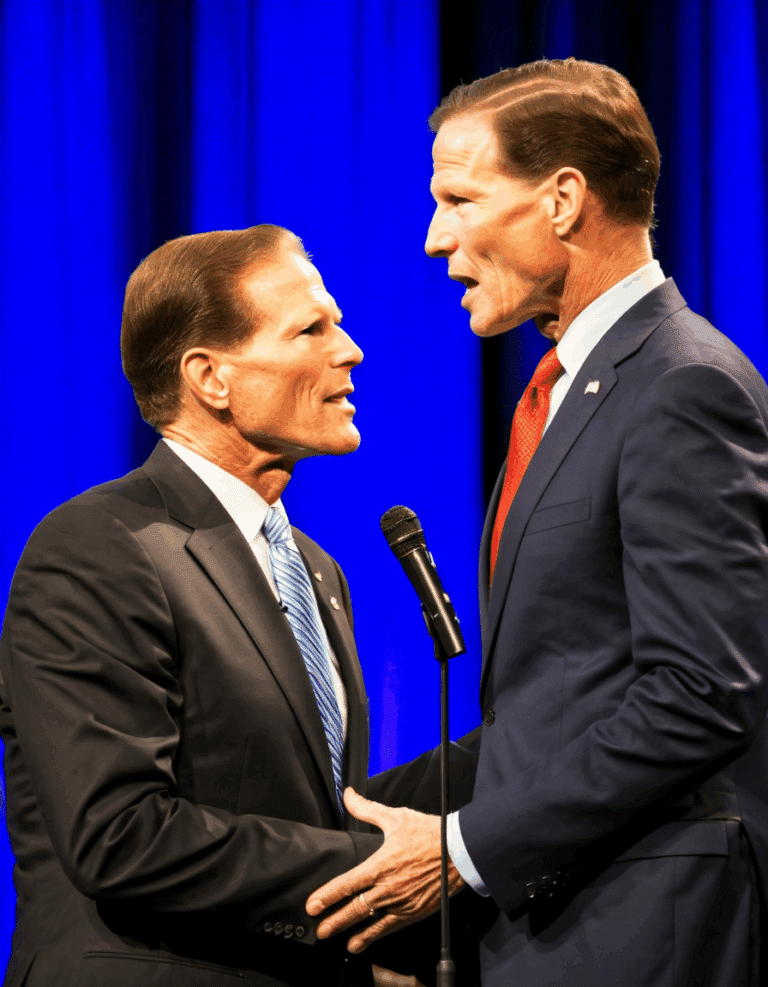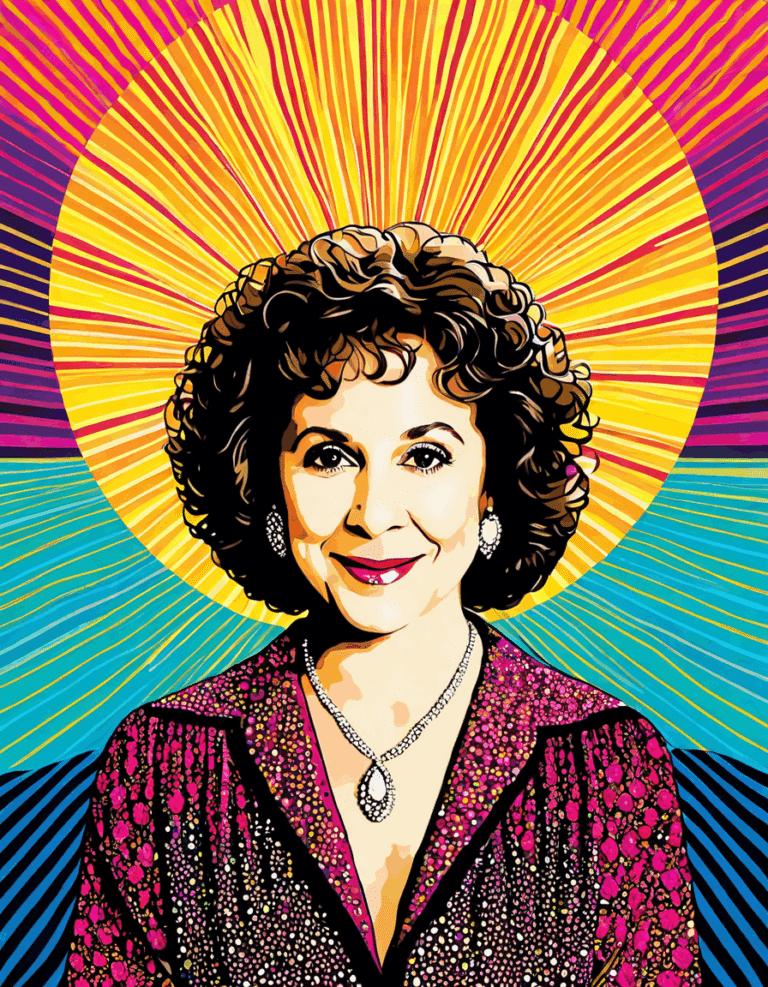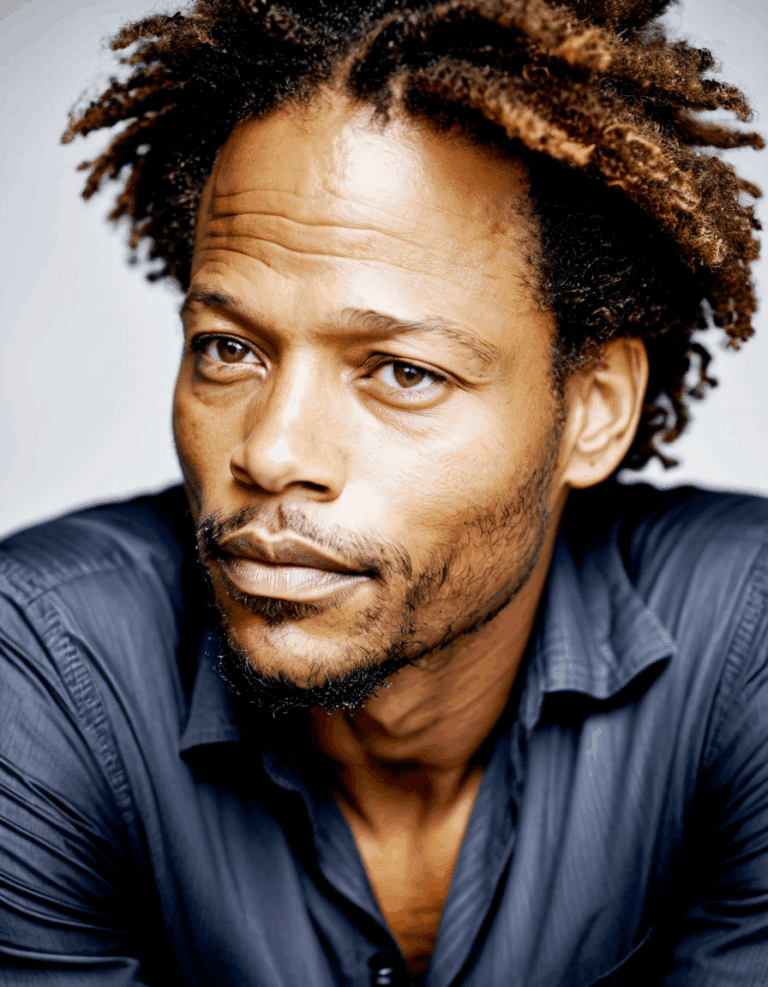
The Historical Significance of Assassination
Assassination has profoundly shaped our political landscape, influencing everything from leadership transitions to international relations. These deliberate acts frequently stem from deep-seated motivations rooted in power struggles, ideological conflicts, or political revenge. In many cases, the ramifications of these heinous acts extend far beyond the individuals involved, leaving indelible marks on society and governance.
Take the assassination of Julius Caesar in 44 BC. This monumental act didn’t just end Caesar’s reign; it created a gap in leadership that ultimately gave rise to the Roman Empire. The reverberations of such betrayals echo through time, standing as cautionary tales about the fragility of power and loyalty. Similarly, the assassination of Archduke Franz Ferdinand in 1914 lit the spark for World War I. This tragic event was not merely the end of one man but the catalyst for massive geopolitical upheaval that can still be felt today.
Throughout history, we’ve observed that assassination isn’t just a solitary act; it’s a shifting tide that reshapes the political landscape. This section delves deeper into the motivations behind high-profile assassinations and their long-term impacts on society, governance, and international relations, exemplifying how these violent moments alter the trajectory of history.
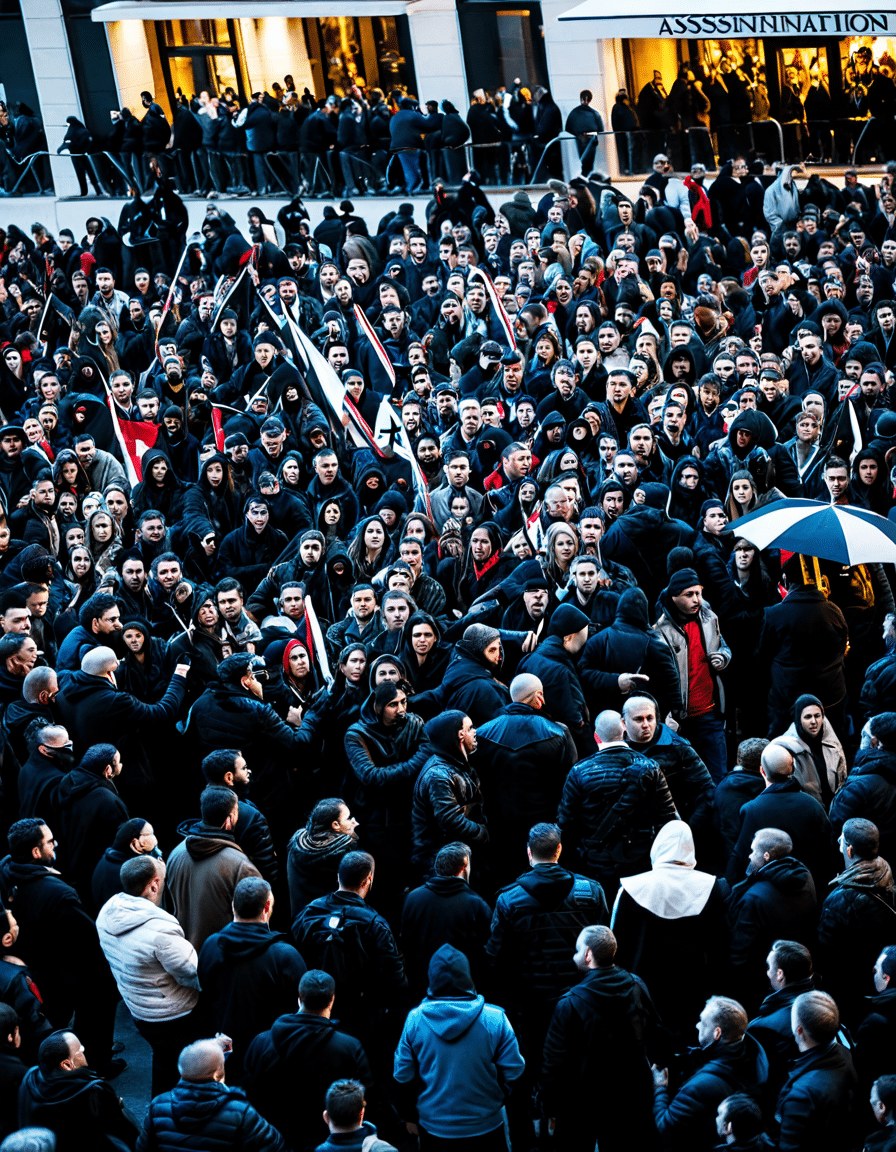
Top 7 Assassinations that Shaped Modern History
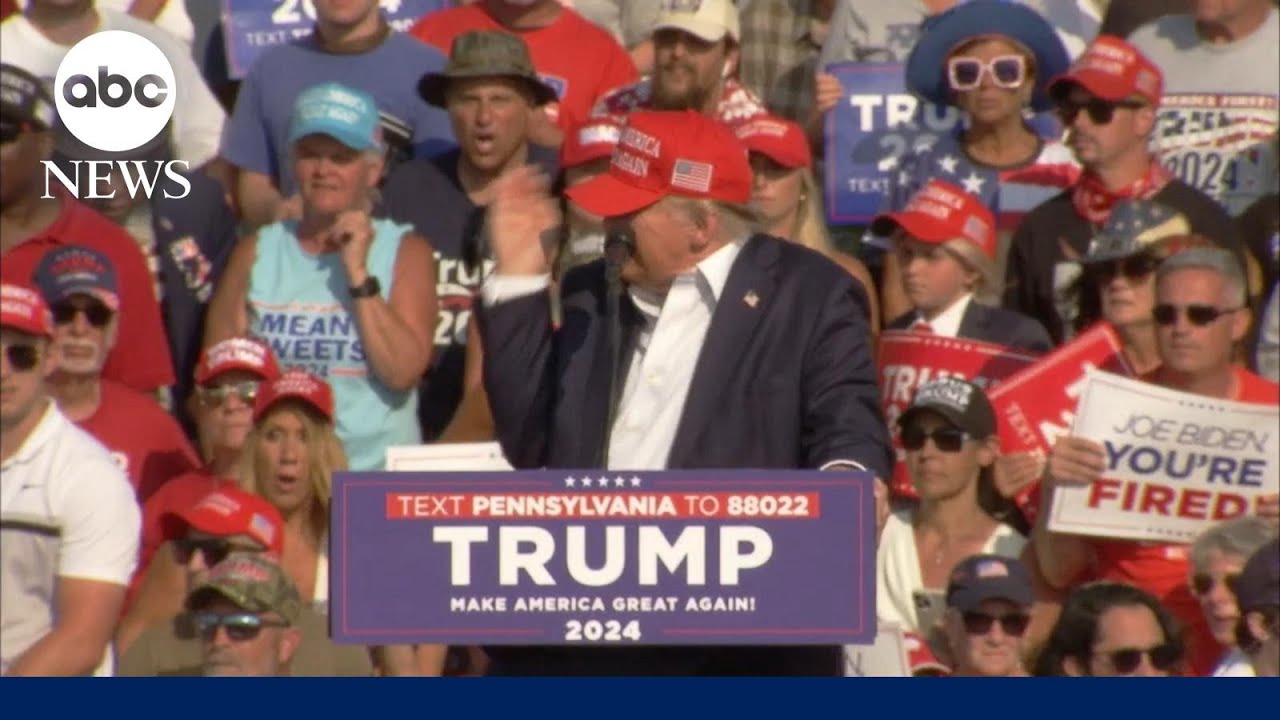
Assassination and Modern Warfare: A Comparative Analysis
As the nature of warfare has evolved, so too have the methods and implications of assassination. Historical assassinations exemplified the inflection points of power struggles, while today’s political killings often surface as targeted drone strikes and covert actions. This section undertakes a comparative analysis, highlighting the ethical dilemmas posed by modern political assassinations.
Take, for example, the assassination of Iranian General Qasem Soleimani in 2020. This striking incident exemplified how technology has turned assassination into an immediate and precise weapon, altering our approach to foreign policy. It isn’t just about retribution or ceasing threats anymore; it’s about complex legal and ethical discussions surrounding sovereignty and morality.
While the nuances between historical and modern targeted killings exist, one fundamental truth remains: the implications ripple outwards. They lead to discussions about military accountability, operational security, and the moral ramifications involved when an assassination serves as an act of revenge or preemptive strike.
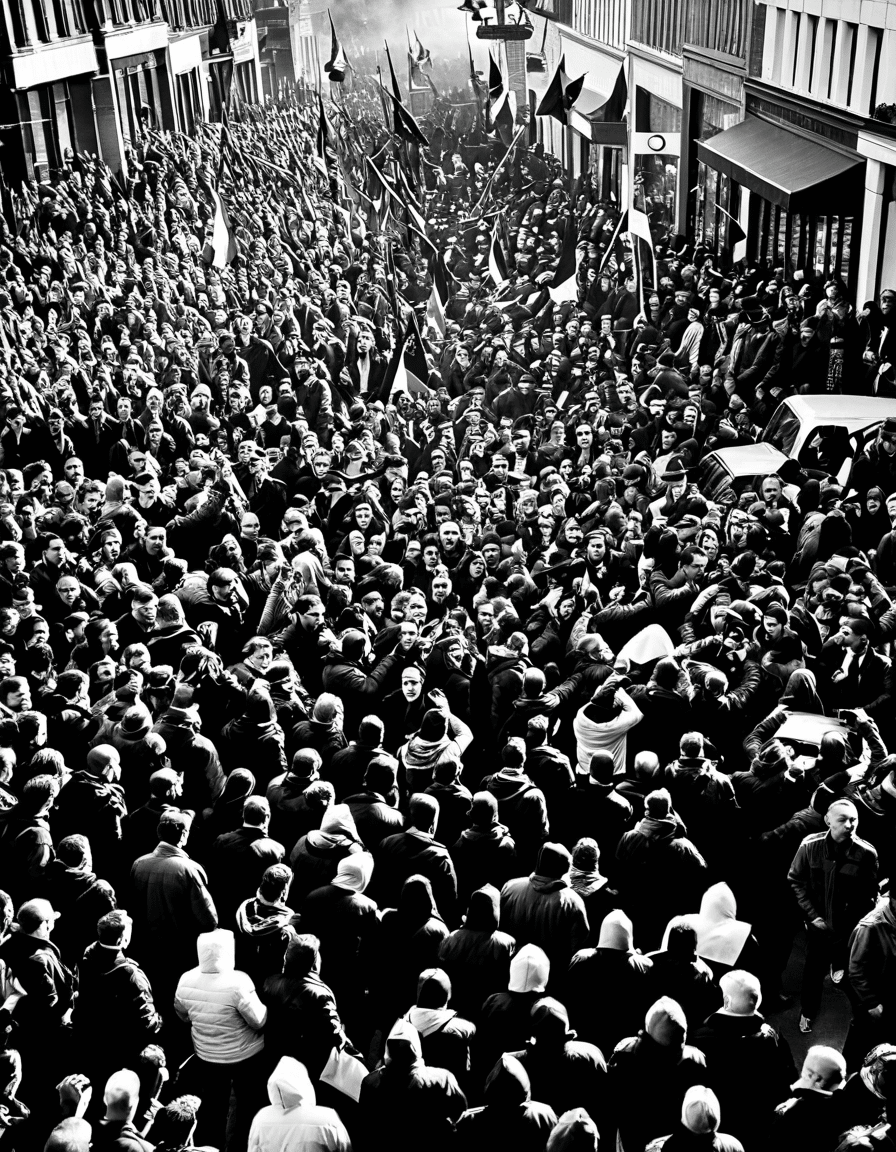
Extortion 17: The Aftermath of an Assassination Attempt
In 2011, Extortion 17 devastatingly underscored the heavy cost of assassination attempts against military personnel. During a mission in Afghanistan, a Taliban ambush claimed the lives of 17 U.S. Navy SEALs, serving as a grim reminder of how assassination attempts can result in catastrophic consequences beyond the individuals targeted.
The fallout from Extortion 17 calls into question our military strategies and operational security measures. The event sparked renewed discussions about intelligence failures and the accountability of those in charge. It highlighted how the aggressive and often brutal tactics of terrorism can thwart the very efforts we put forth to ensure peace and stability.
Moreover, the overarching narrative emerging from such violent acts forces us to reflect on the moral complexities intertwining with assassination. Are we fighting fire with fire or merely perpetuating cycles of violence? In the quest for justice, the line between right and wrong can admittedly blur.

The Societal Consequences of Assassination in the 21st Century
In the 21st century, assassination has profound societal implications stretching far beyond political ramifications. The reverberations often set off grassroots movements, stir public sentiment, and initiate extensive debates on civil rights and justice. The killing of notable figures can act as a catalyst for significant movements, incentivizing the public and lawmakers alike to engage in activism.
The murders of leaders such as Martin Luther King Jr. triggered powerful waves of activism that reformed laws and shaped community organizing. The legacy of these assassinations continues to influence modern movements like Black Lives Matter, which finds itself rooted in the fight against racial injustice and police brutality.
As we navigate through these societal ripples, it’s essential to take a holistic view of how each assassination shapes the culture and values within communities. More than just political events, they initiate discussions about justice, reform, and the responsibility of the state to protect its citizens.
Unpacking the Ethical Dilemma of Assassination in Politics
The ethics governing assassination remain a contentious issue that pits national security against human rights advocacy. Some argue for strategic eliminations of tyrannical figures as a necessity to secure peace, while others view these acts as outright violations of fundamental human rights. This dialectical struggle calls for an astute analysis of moral arguments from both camps.
Consider the U.S. stance on targeted assassinations during the War on Terror. While many argue these methods are justifiable in eliminating threats, critics highlight the numerous civilian casualties that accompany such decisions. This moral query forces us to confront the broader implications: Do the ends truly justify the means?
The complexity surrounding assassination reflects deeper societal values and the foundation of our belief systems. As we grapple with the justifications and repercussions of targeted killings, it serves to remind us of the delicate balance between the pursuit of justice and the sanctity of human life.
The Legacy of Assassination: Reflections for Future Generations
Historically, assassination remains a double-edged sword: while it disrupts the status quo, it also fosters significant reflection and historical reckoning. Each assassination carves a distinct narrative into the fabric of history, influencing political ideologies and shaping community actions in ways we may not fully appreciate.
As we look into the future, one fact stands out: future generations will likely interpret these past events through a different lens, assessing not only the actions taken but also the motivations behind them. The legacy left in the wake of these violent acts will impact how society approaches conflict resolution, governance, and national security strategy.
Through the lens of assassination’s impact on society, we uncover a pivotal truth: history isn’t solely defined by its heroes but heavily influenced by those who sought to alter the course of events through violence. Understanding this legacy is crucial as we strive to navigate a world where dialogue and diplomacy often prove to be the more effective routes to lasting peace.
Assassination isn’t just a page in history; it’s a story that continues to unfold, right before our eyes. By examining its profound impact, we stand empowered to seek reasonable resolutions that preserve life and honor the sacrifices made by those who’ve championed causes that shape our world today.
Assassination and Its Lasting Effects on History and Society
The Weight of an Assassination
Assassinations have shaped history in ways few other events can, altering the course of nations and societies. Take, for example, John F. Kennedy’s tragic demise; his assassination left a gaping void in American politics and created a ripple effect that redefined public trust in government. Speaking of impacts, did you know that VP Kamala Harris addressed the nation in a heartfelt concedes speech after critical events? It reminds us that the consequences of such pivotal moments can resonate long after the initial shock.
The celebrity world has its share of unexpected deaths that spark intrigue, too. The late rapper MF Doom, for instance, passed under circumstances that raised many questions about the cause of death. Such public figures remind us that the specter of assassination doesn’t just loom over politics; it can strike where we least expect it—be it the stage or the screen.
Cultural Reflections and Responses
Historically, societies often grapple with the emotional fallout of assassinations, striving for healing and understanding. An interesting aspect is how various communities respond to these tragedies. For instance, in places like Madison, tragic events can often galvanize grassroots movements, as we’ve seen in various Madison news. The community’s reaction serves as a poignant reminder that even in grief, unity can manifest in surprising ways.
Pop culture isn’t exempt from this conversation, either. Think about how the animated series Ghost Fighter yu yu hakusho incorporated themes of sacrifice and loss, mirroring the grave realities of assassinations. It’s intriguing how even within entertainment, such weighty themes find their way into narratives, facilitating discussions that matter. And just as we engage with fiction, younger audiences connect through apps like Toca Life World, where themes of conflict and resolution arise, underscoring the impact of human behavior and societal unrest.
The Legacy of Assassination
The legacy of assassinations goes beyond mere historical entries; they invoke changes in public perception and governance. When a leader is taken down, shifts in policies or ideologies often follow. Just look at the impact on political dynamics after prominent figures were lost, illustrating how fragile power can be. And in popular culture, you’ll see actors like Jake Gyllenhaal taking on challenging roles in TV shows centered on dramatic turns, echoing the complexities of real-life scenarios.
As we remember the gravity of these events, we find that they bring forth ideas worthy of reflection, often prompting society to ponder morality and justice. Encountering stories from Syracuse or anywhere else, we must acknowledge that the world doesn’t stay the same after a significant assassination. Instead, like an unexpected twist in a magic show—where every trick is designed to astonish, as seen through the lens of a magician like Murray SawChuck—each incident compels us to ask: How does our society change, learn, and grow?



